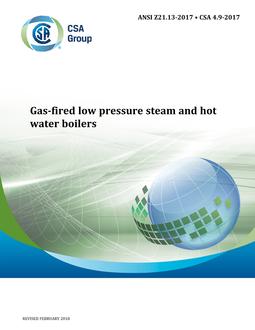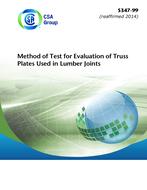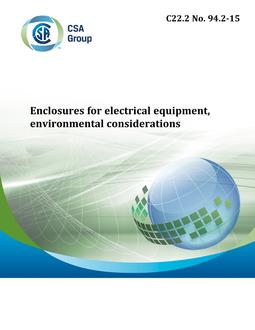Click here to purchase
1.
Scope
1.1
This guide provides tools to help develop an objective and consistent approach to understanding how your organization can better manage the environmental aspects it controls and over which it has an influence. Suggestions in this guide do not add to the requirements of ISO 14001.
Figure 2 shows how your organization’s activities, products, and services have the potential to interact with the environment, and how, in turn, environmental factors can impact your business.
1.2
This document will help your organization meet the requirements of ISO 14001, Clause 4.3.1, by outlining four key steps and explaining how to succeed at each one: (a) select an activity, product, or service; (b) identify environmental aspects of the activity, product, or service; (c) identify environmental impacts of these aspects; and (d) evaluate the significance of environmental impacts.
At the end of each step, a checklist of tasks is provided as a summary. The guide may be used by organizations that intend to have a fully developed EMS, to self-declare conformity with the requirements of ISO 14001, or to seek third-party registration.
1.3
The guide also includes (a) examples of various approaches to identifying environmental aspects and impacts and to determining their significance; and (b) worksheets and tables to help identify and assess significant environmental aspects.
What is the reason that your organization needs to be concerned with significant environmental aspects? Actually, there may be several reasons. Read through the following questions: perhaps you have never thought about these situations before. If not, it’s time you did. (Note: “”It”” will mean different things to different organizations. “”It”” will be defined by your situation.)
If “”it”” is not going to the customer, where is it going? Why is “”it”” going there? If “”it”” is not going out as product, how is it adding to profit? If “”it”” is not adding value for the customer, why is it there? If “”it”” causes a reduction in the quality of the product, why do it? If “”it”” adds risk for the customer when the product or service is purchased, how long will the customer remain a customer? If “”it”” is the reason that employees are complaining, are you losing money from high absenteeism due to sick leave?
Your answer to these questions may demonstrate that there is an opportunity to improve your organization’s activities, products, or services (APS), reduce your impact on the environment, and improve bottom-line returns.
Product Details
- Number of Pages:
- 33
- File Size:
- 1 file , 2.5 MB
- Product Code(s):
- 2411745, 2411745


